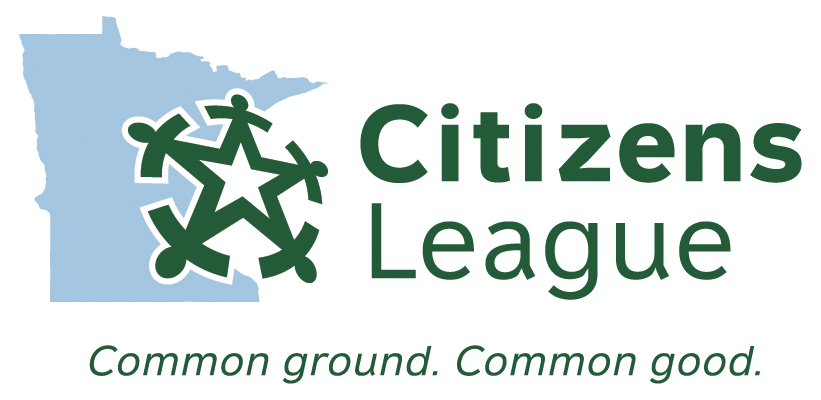Photo by Raim Matau from Pexels
Years ago, I became fascinated with the practice of resilience, particularly the resilience that was and is practiced by members of minoritized communities. As I became aware of the impact of systemic racism in education, healthcare, law enforcement, and other vital social arenas, I was simultaneously delighted to see individuals and collective communities achieve happiness and thriving.
I have been forming these words for quite some time and I believe my thoughts are coherent enough to share publicly for the first time. These ideas have been shared with me throughout countless individual and small group interactions with many of you in formal and informal settings. Thank you for your raw honesty and vulnerability practices when sharing your experiences and posing difficult questions with me regarding resilience in your daily lives.
Resilience is not only a concept that permeates higher education environments, it is also deeply embedded in larger social and political conversations today. Several of the questions shared with me in a variety of community settings relate to this question of resilience:
- How will we practice resilience and resistance simultaneously?
- How will we survive and thrive during this presidential term?
- What will remain of us individually and collectively when we look back on the harm and violence enacted on Black, immigrant, refugee, Indigenous, queer, trans, Muslim, and people of color communities?
Many of you have shared the successes of a resilience practice that you have developed and leveraged individually. One of the common threads you’ve shared is also the reality that resilience is and has been used against you.
Organizational leaders insist that students of color and other minoritized communities need to be “more resilient” so that they can persist throughout their first year of college, to graduation, and beyond. I wanted to directly respond to these concerns that many of you have shared with me. The resulting stream of thought ended up as a type of mantra, so I created a printable poster of the message below if you find a need to display it as a daily reminder.
My individual resilience is not an excuse for organizational apathy.
My practice of individual resilience is a call for organizational accountability to cultivate structural, environmental, and interpersonal conditions necessary to promote individual thriving and resilience.
My practice of resilience should not be used against me. It does not exist to invisiblize or justify systems of White supremacy, xenophobia, and intolerance. It does not “prove” that we have an equal playing field in which we each are able to pursue “life, liberty, and the pursuit of happiness” from similar points of access, privilege, and generational social capital.
My resilience does not erase generations of genocide, erasure of cultures and peoples, and it certainly does not undermine evidence that systemic inequities remain today. My resilience does not excuse you from addressing systemic inequities, from doing your work. My resilience does not excuse me from doing my work to address systemic inequities.
My practice of resilience belongs to me. It is mine to define. It is mine to leverage for life opportunities and outcomes of my choosing, at a time that I determine, towards my mental, physical, and holistic well being.
For those of you that read these words and find relief and resonance, please share this with someone who will also exhale from the reassurance that they are not alone (or remain paranoid that they are making this up). Please enjoy additional resilience resources I have compiled.
For those of you that read these words and don’t believe that systemic inequities exist, I encourage you to take some time to review some of the resources from cross-discipline sources using the links below:
Subscribe to our listserv
Want free resources, tips, and tools?








